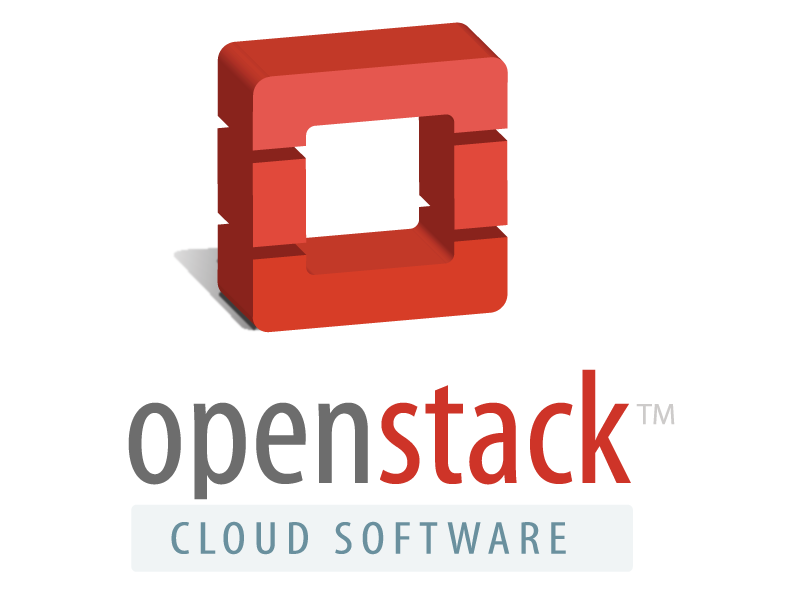Rackspace has upgraded its OpenStack private cloud offering to increase its reliability - but commented that private OpenStack clouds are still something of a niche market.
The Rackspace private cloud service is now based on the most recent "Icehouse" version of OpenStack, the open source cloud infrastructure platform which is supported by all major vendors. Rackspace helped kick OpenStack off in 2010, and is keeping up with the six monthly cycle of releases, but says this one is a turning point, allowing it to offer a reliability guarantee.
An exploding niche?
"This signals the maturity of the environment," said Nigel Beighton, vice president of technology at Rackspace (pictured). The platform is still a niche market, he said, but this is due to change. "Right now, we look at private cloud as a leading edge niche business. In three years' time, you will see an explosion.
Rackspace will deliver private clouds from its own data centers, or else from the customer's premises. Although OpenStack allows workloads to migrate between data centers, Beighton thinks that feature is over-rated, compared with the simple ability to use OpenStack software from different vendors thanks to the rigorously defined common API.
"Portability of apps and data is one of Openstack's Ten Commandments," Beighton said to DataCenterDynamics. "And one of the best things to happen is that OpenStack hasn’t deviated from this."
At present around one third of Rackspace's private cloud customers have the hardware on their own site, and Beighton thinks this propotion will rise when OpenStack starts to grow rapidly, because of the demand for data soveriegnity. "As it matures, you will see it go into customers' own data centres more."
Few people are on OpenStack yet, because existing proprietary virtualisation technologies, such as those of VMware and Microsoft, work well, and there is no need to change until there is a business need, said Beighton.
He sees that need coming from two directions: firstly from companies like games providers that need to be able to burst capacity flexibly and dynamically, and secondly from companies that have adopted DevOps to make their whole IT more flexible.
DevOps works best when applications can be moved easily in containers (such as those provided by Docker) between developers and operations staff. This paradigm implies an IT infrasctructure that has moved to the cloud, where operations can provide application containers "as a service" to developers and to the eventual end users.
With DevOps on the increase, he's hoping the world will be moving towards OpenStack.

